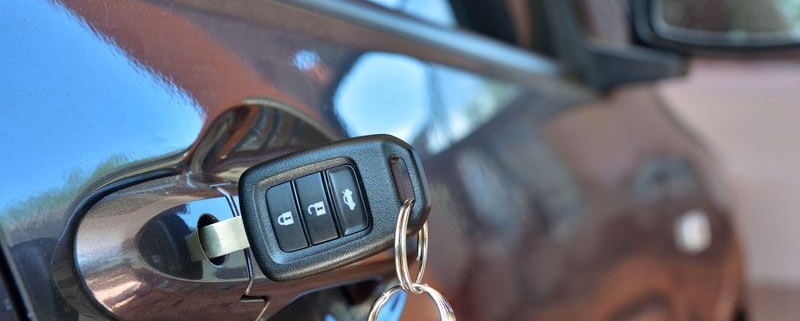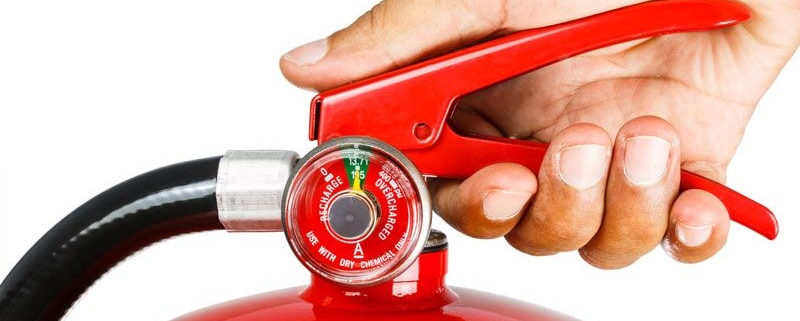How you can alleviate family tensions this Thanksgiving weekend.
While the holidays are all about spending time with your loved ones, being around family can often turn into bitter arguments. With Thanksgiving right around the corner, you probably want to avoid conflict with your family members as much as possible. Here are some of the things that you can do to keep things civil this Thanksgiving.
- Have a Set Schedule
Before you head to your family’s house, let them know ahead of time how long you will be staying. Alternatively, if you are hosting, then make sure your invites come with a defined end-date. When you limit the time that you have to share space with your family, this can help you avoid unnecessary conflict.
- Ignore Criticism
Everyone has that one relative that loves to nitpick everything that you do. Whether they choose to make snide remarks about your weight or take jabs at your career choices, you should expect what’s coming. Rather than letting yourself stew over their rudeness, let their petty commentary roll off your back and forget about it. They are likely feeling insecure about some aspect of their life and are attacking you for validation. If anything, you should feel bad that they have to stoop so low to feel better about themselves.
- Remind Yourself That You Love Your Family
While dealing with family is undoubtedly stressful, it’s important to remember that, at the end of the day, you all love each other. Try to look past the inconvenience and annoyance that you feel and remember all the good that these people bring to your life. Having a more positive outlook will help you remain calm this holiday season.
These are some of the things that you should do to keep tensions at a minimum this Thanksgiving. Want another way to be stress-free this holiday season? Then turn to the experts at James Page Insurance for the easy insurance experience that you deserve.




